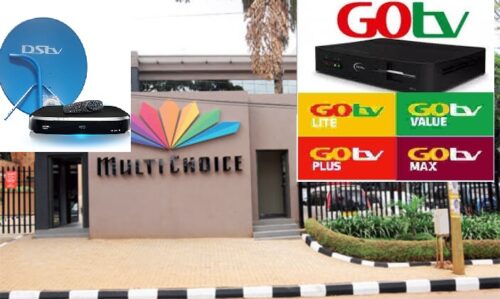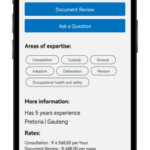
Nigerians are grappling with a surge in subscription fees for DStv and GOtv packages as inflation continues to erode purchasing power. MultiChoice Nigeria, the parent company of both services, recently announced significant price increases across its packages, attributing the move to economic challenges in the country.The price adjustments, effective since April 2023, saw the cost of DStv’s Premium plan jump from ₦21,000 to ₦24,500, marking a 16.7% rise. Similarly, other packages, such as Compact Plus and Compact, saw increases of over 16%. GOtv users were not spared, with price hikes for the Max, Jolli, Jinja, and Lite plans ranging from 16% to 18%.
Impact on Businesses and Consumers
The new pricing has hit businesses and individual customers hard, prompting them to seek alternatives or adjust their spending. For instance, operators of bars and restaurants that rely on premium content to attract patrons have been forced to adopt strict measures to sustain profits. One bar owner in Lagos shared that patrons are now required to make purchases before being allowed to watch live sports events, such as the UEFA Champions League matches.Meanwhile, consumers have expressed frustration over the lack of affordable options. Students and younger audiences have increasingly turned to streaming platforms like Netflix and YouTube, citing greater flexibility and lower costs.
Calls for Regulatory Intervention
Critics argue that the continuous price hikes are unsustainable and exploitative. Organizations such as the National Association of Nigerian Students (NANS) have called for the introduction of a pay-per-view or pay-as-you-go system, which would allow customers to pay only for content they consume. However, MultiChoice has maintained that implementing such a model is technically unfeasible.Regulatory authorities have weighed in, noting that while price controls are beyond their mandate, they will continue to monitor for anti-competitive practices.
The Competitive Landscape and Future Outlook
Although competitors like StarTimes have gained some traction by offering relatively cheaper options, they have also raised prices in response to economic pressures. Despite the dissatisfaction among customers, DStv and GOtv remain dominant players, partly due to their exclusive sports and entertainment offerings.Looking ahead, experts predict continued growth in Africa’s pay-TV market, driven by increasing smartphone penetration and internet access. However, the question remains whether service providers will prioritize customer satisfaction in the face of rising operational costs.



